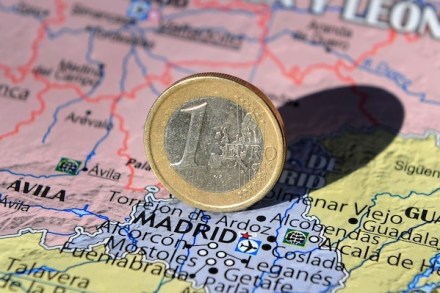Austria and Italian voters could plunge the EU into crisis
Voters in Austria and Italy head to the polls tomorrow and could plunge the EU into a political and economic crisis, as I say in The Sun today. In Austria, the candidate of a genuinely far-right party—its first leader was a former SS officer—could become president. If the Freedom Party’s Norbert Hofer does win, and the race is too close to predict with any confidence, it’d show that the very extremist forces that the European project was meant to crush are now on the rise—and in part, because of the EU’s own failings. But it is the Italian referendum that could have the more immediate consequences. Italy bans polls just




















